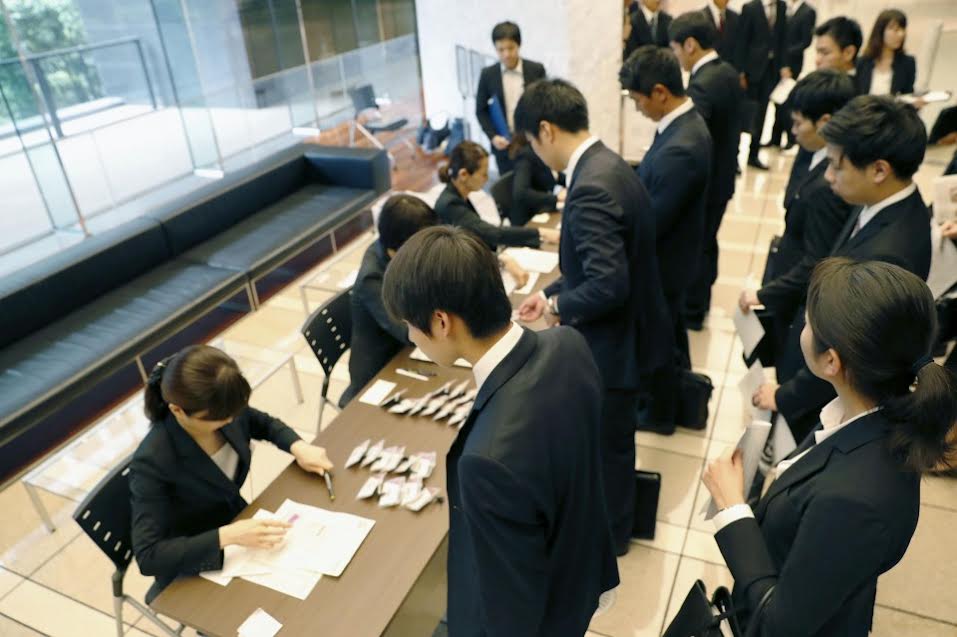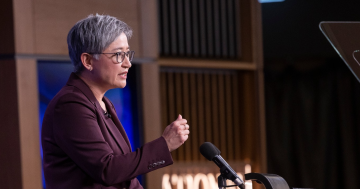
Japanese students attend a public service jobs fair. Photo: File.
Graduates from Japan’s top university are increasingly shunning careers as public servants, but some government officials say that trend is not necessarily a bad thing.
The number of applicants for the National Public Employee Recruitment Examinations was 18,295 in fiscal 2022, down by about 7,000, or 30 per cent, from fiscal 2012.
Far fewer successful candidates came from the University of Tokyo compared with past years. Many future bureaucrats had previously attended national universities in outlying regions and private institutions.
An official at the Ministry of Health, Labor and Welfare welcomed the change.
“With administrative officials equipped with more diversified values, it is possible they can provide services to those in need in a more considerate way than before,” the official said.
Another high-ranking government official said that while there may be fewer students from the University of Tokyo, that did not mean the quality of new staff members was lower.
However, the official said it was still worthwhile to find out why public service careers had become unattractive to many talented students.
Takeo Hoshi, a Professor at the University of Tokyo’s Faculty of Economics, agreed.
“The fact there are fewer students from the university is not a problem in itself, but it is problematic if the public’s trust in politicians and bureaucrats falls, and talented students shy away from careers as public servants,” Professor Hoshi said.
With bureaucrats known to work long overtime hours, the National Personnel Authority said many students might be concerned that a public service career would make it difficult to raise children, provide care for relatives or have a meaningful personal life.
According to a 2020 survey by the Cabinet Secretariat, more than 30 per cent of career-track bureaucrats in their 20s logged at least 80 hours of overtime a month, the recognised threshold for ‘karoshi’ (death from overwork). Many of them also worked overtime without pay.
While private companies strictly manage the working hours of their employees in accordance with the government’s work-style reforms, disparities in working hours between the public and private sectors are widening.
Meanwhile, a diplomatic rift between Japan and Russia may be on the mend with a likely exchange of Ambassadors.
Nikolay Nozdrev, an expert on Japan at the Foreign Ministry in Moscow, is slated to become the next Russian Ambassador to Japan, filling a post left vacant for a year.
This follows the appointment of Akira Muto, the former head of the Foreign Service Training Institute, as Japan’s new Ambassador to Russia. He is expected to take up the post next month.
The new appointments could create a potential window to resume dialogue between Tokyo and Moscow, which has come to a virtual standstill since Russia’s invasion of Ukraine in February 2022.
Tokyo, 4 November 2023











